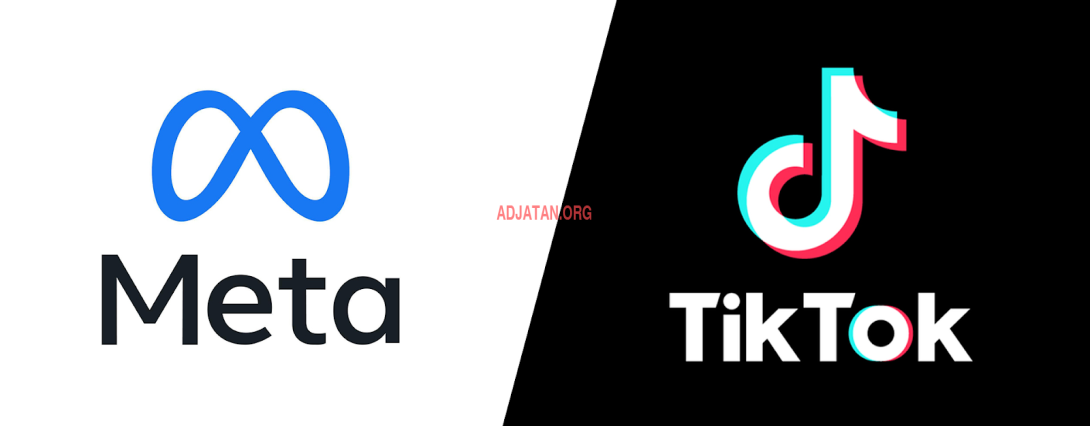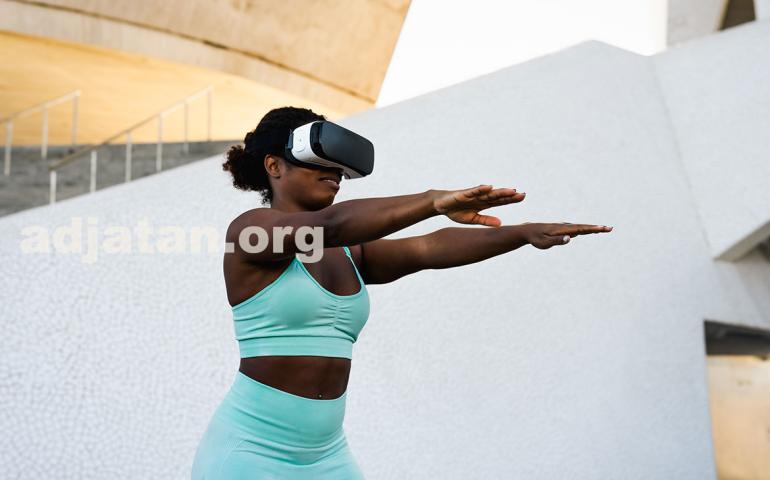
The American and Chinese social media giants, Meta and its competitor TikTok, have taken legal action against the European Union's latest competition rules set to be enforced in March.
In September, the European Commission identified 22 key digital platforms that will be subject to the Digital Markets Act (DMA) from March 6. This legislation imposes stricter rules to counter anti-competitive practices in the technology sector.
These platforms encompass various essential services, including social networks (Facebook, Instagram...), messaging apps (WhatsApp, Messenger...), operating systems (Android, Windows...), browsers (Chrome, Safari...), and search engines (Google...).
They are owned by six major tech giants: Alphabet, Amazon, Apple, Meta, Microsoft, and the Chinese company ByteDance, owner of TikTok.
The DMA introduces a strict framework of rules and prohibitions, overseen by the Commission, to foster increased competition in these markets.
Failure to comply may result in fines of up to 20% of their global turnover for repeat offenders, or even dismantlement measures in severe cases.
However, this legislation is already facing legal challenges, foreshadowing future disputes over the interpretation of the texts.
Meta announced its challenge before the EU Court, contesting the inclusion of its Messenger instant messaging service and Facebook Marketplace within the scope of the new law.
- "Clarifying legal aspects" -
"This challenge aims to clarify specific legal points regarding the inclusion of Messenger and Marketplace within the DMA scope. It doesn't alter our commitment to comply with the DMA," said a Meta spokesperson.
Simultaneously, the company commits to complying with the DMA for Messenger and Marketplace, without disputing the presence of four other services (Facebook, Instagram, WhatsApp, and its online advertising activities) among the 22 covered platforms.
TikTok, on its part, announced its intention on Thursday to contest its classification as an emerging platform, capable of challenging the dominance of American giants.
"Our classification risks compromising the stated objective of the Digital Markets Act by protecting dominant platforms from new competitors like TikTok," the company stated on its website. This classification "is based on a fundamental misunderstanding of our business... it risks protecting the same monopolies the law aims to contest," it added.
The concerned companies had until Thursday to file their appeals.
When asked by AFP, the European Commission declined to comment.
However, a European official remains "confident" that all groups will comply by March 6. "Companies are contesting legally, but at the same time, they are taking necessary steps to comply with the law," explained the official, speaking anonymously.
The DMA will require interoperability with competing services and facilitate the uninstallation of pre-installed applications.
For instance, it will compel Apple to allow other app stores besides the Apple Store on its iPhones or iPads. It will prohibit favoritism in search engine results, a criticism often directed at Google for its Google Shopping online sales platform.
"These challenges are normal and healthy. It proves we are in a state of law," commented Alexandre de Streel, co-director of the Center on Regulation in Europe (Cerre), for AFP.
"At the beginning of legislation, uncertainties need clarification," he explained. "I'm not surprised by these few current challenges, but we'll likely see more when it comes to interpreting certain obligations."





